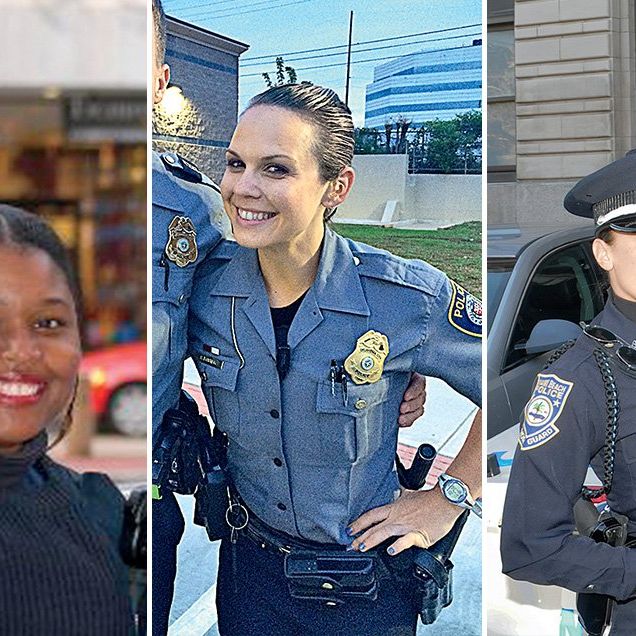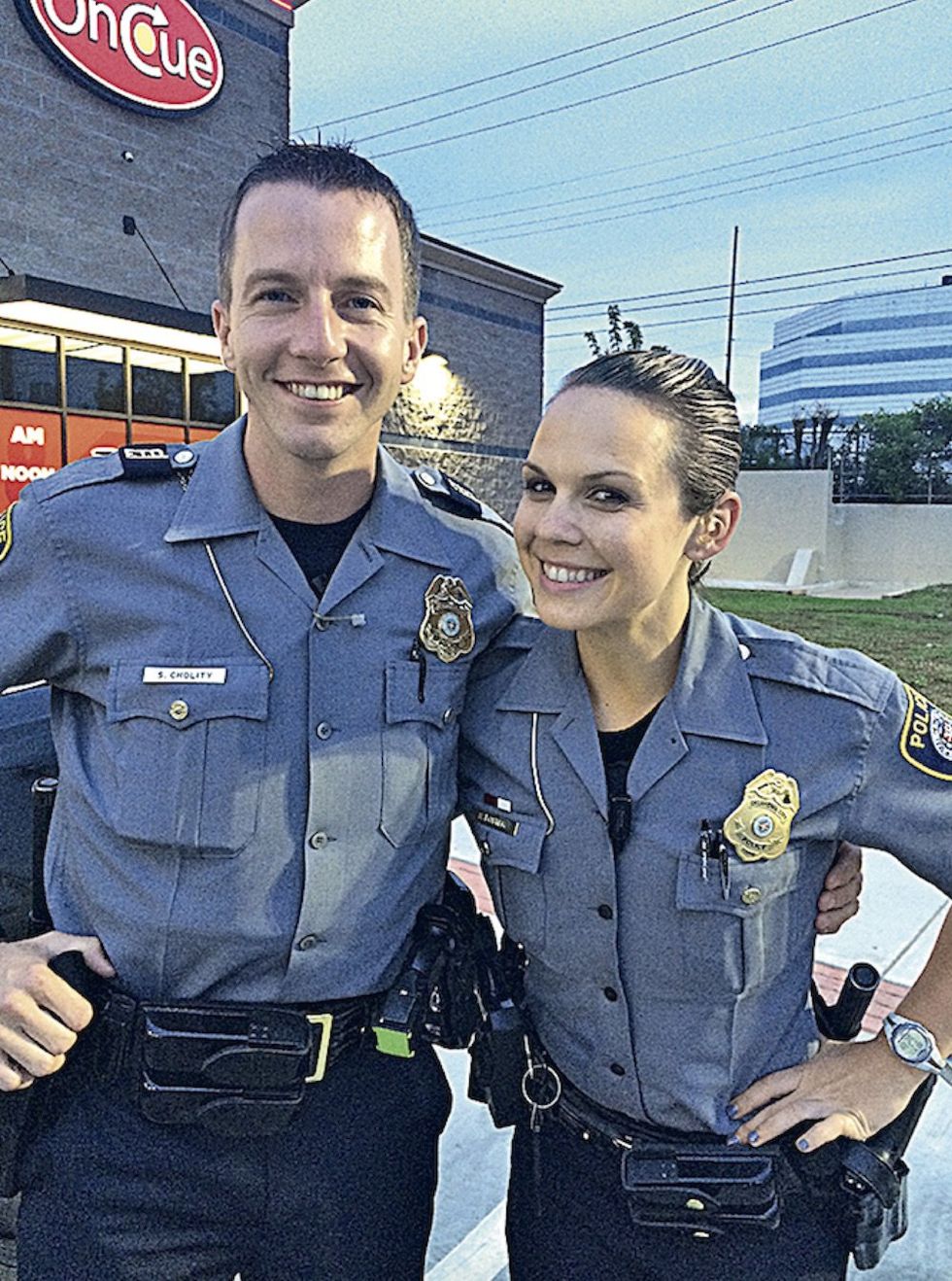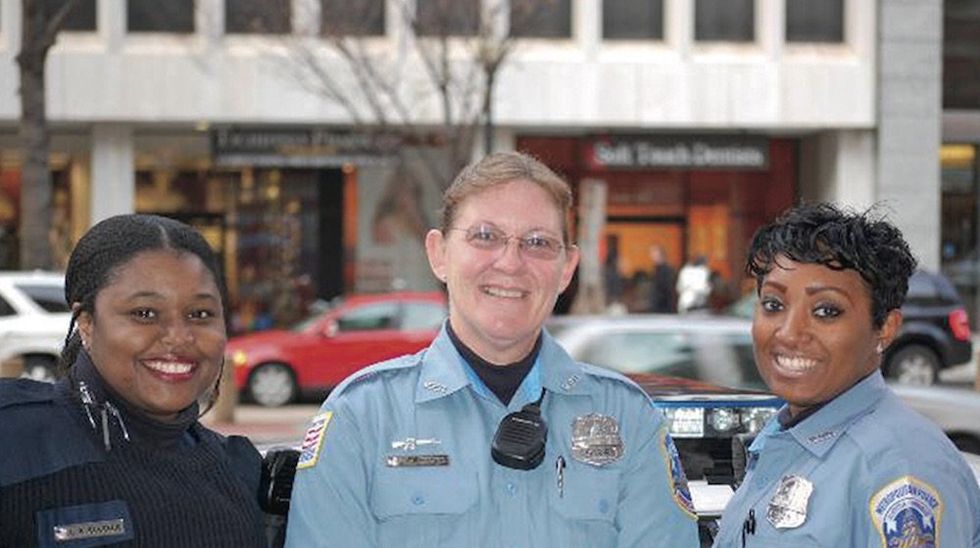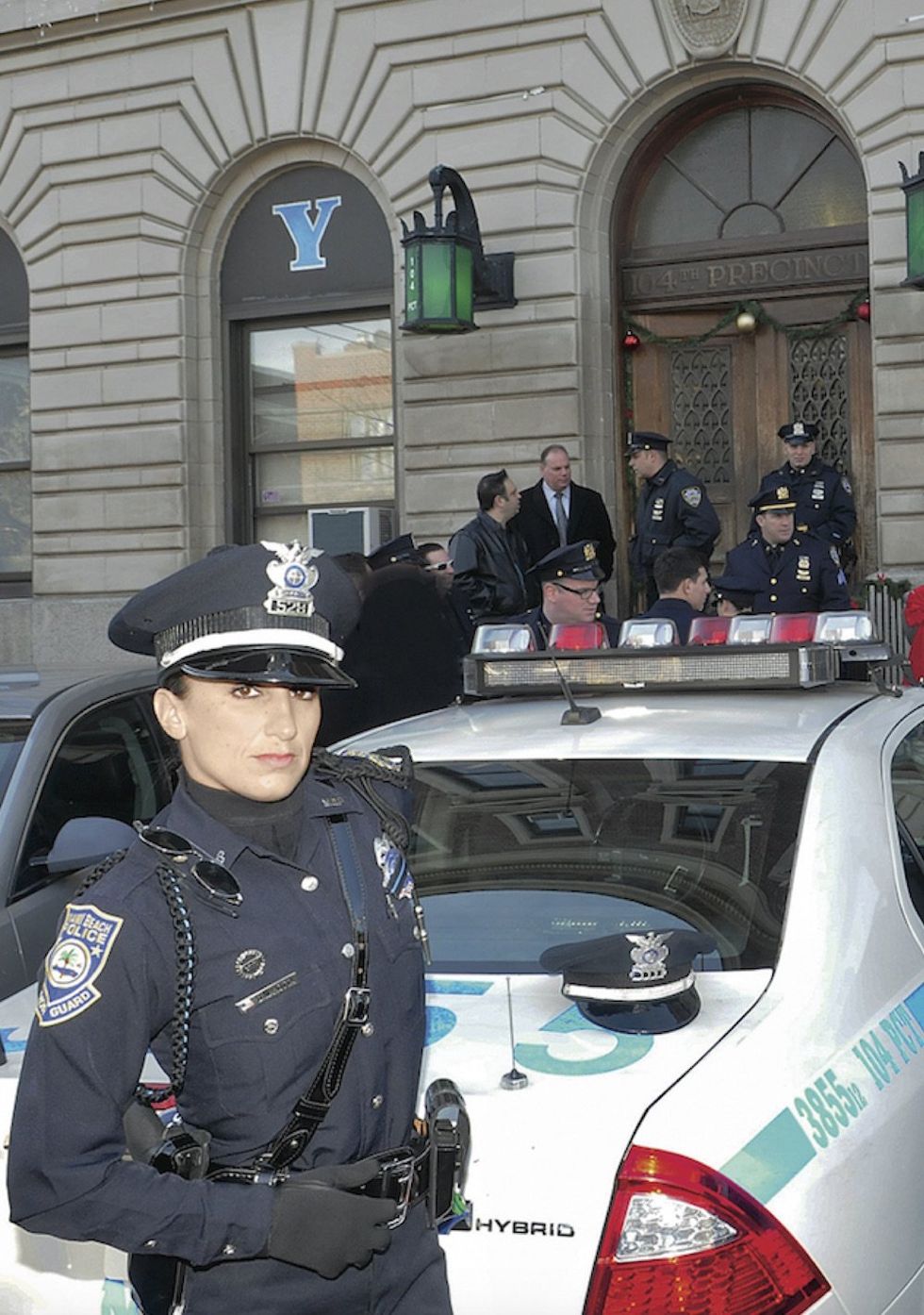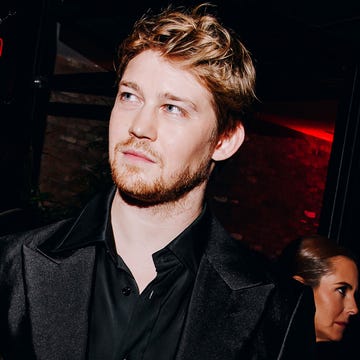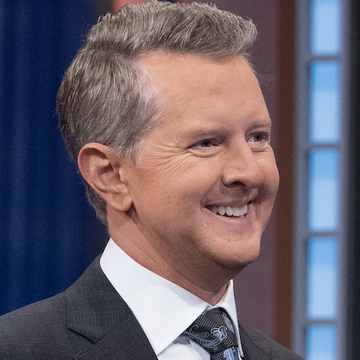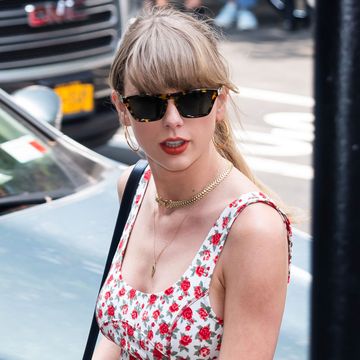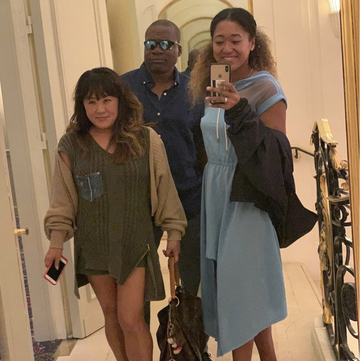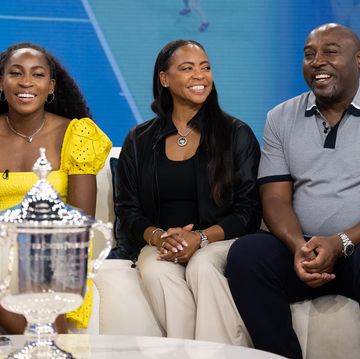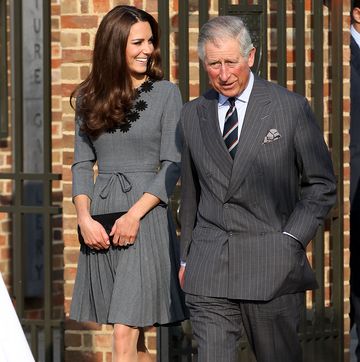We all know the names, the protests, the hashtags. The widespread outrage that boils with every person we lose to deep racial divides and deadly force. But what's been largely ignored in the search for a solution is police gender—something that could be a game changer. Consider the numbers: At press time, 684 Americans had been killed by law enforcement so far this year, but only about 2 percent of those incidents involved a female officer.
And while police shootings may dominate the headlines, we hear less often about the times a cop defused a tense incident without violence—like the policewoman in D.C. who, in October 2015, broke up an armed fight between teenagers by initiating a dance-off with them. Or a female officer in Dallas who chased down an active shooter rather than fire her own weapon this past February. These aren't isolated instances.
Research has shown that not only do women cops deploy their guns less frequently, but they're also significantly less inclined to use unnecessary force. Beyond that, a study by the National Center for Women and Policing looked at seven U.S. police departments and found that, on average, male cops were eight and a half times more likely than their female peers to be formally accused of using excessive force. Here, three women open up about life as a cop.
RELATED: 16 Badass Women Who Are Changing the Game
Sarah Foster, 27, Oklahoma City Police Department
Growing up in Southern California, Sarah thought her household was run by superheroes: Both her dad and stepmom were police officers. She enlisted in the Marines after high school and earned an administrative leadership degree from the University of Oklahoma before joining the force in January 2015 as a patrol officer. While the corps prepared her for both the male-dominated environment and the physical demands of police work, being a woman is sometimes her most useful tool for her most common cases: domestic violence. "A male partner of mine might come across the wrong way with a female suspect or victim, but often I can come in, de-escalate a situation, and get information about someone that we need to find," she says. Her civilian friends are largely supportive, but some are scared for her on a daily basis. Her response: "Come on a ride-along and I'll show you how my partners take care of me—how we all take care of each other."
La Vida Delozier, 39, Washington, D.C. Metropolitan Police Department
Delozier was raised in D.C. during the crack epidemic of the '80s and '90s, but it was the murder of a police officer, Brian Gibson, that inspired her to apply to the police academy. "I've seen a lot of violent things—friends killed, neighbors killed, classmates killed—and at a certain point you get tired of it," she says. La Vida admits she's experienced her fair share of disrespect while patrolling. "I have everything going against me—I'm short, I'm female, I'm black." But she has also learned to use those stereotypes to her advantage: "A child can relate to a female police officer in the same way they would relate to their mom," she reports. While her own 2-year-old son doesn't quite grasp what she does, her husband—a fellow police officer—knows exactly how demanding the job is and respects her all the more for it. "In college, I had a steady boyfriend who had a lot of insecurity," she recalls. "I carried a gun—he didn't want that. He looked at me like I was no longer a lady. But now my husband and I complement each other; we want the same things out of life."
RELATED: 5 Female Soldiers Share Their Reactions to Finally Being Allowed on the Front Lines
Danielle Marotta, 37, Miami Beach Police Department
As a former ballerina, Danielle knew what it was like to be in a profession that demands mental, physical, and emotional grit. After she quit performing, she taught dance in inner-city schools but wanted to make a greater impact on the community at large. She's now patrolled the rowdy streets of South Beach for eight years. "It can be tough—people try to bait and distract you," she says. "It's primarily drunk or high people; a lot are disrespectful. I don't know if it's the uniform or because I'm a woman. It's hard not to take it personally, but you can't be afraid, because that's what gets you hurt." The vampire schedule of four 10-hour shifts in a row can be grueling, though "you get used to sleeping during the day and being up all night." She squeezes in time with friends and family on her off days, but it helps to have a long-term boyfriend who shares the same line of duty—and schedule.
To learn more about women in the force, pick up the November issue of Women's Health, on newsstands now.

Kaitlin Menza is a freelance features writer. She lives in New York. You can see more of her writing at kaitlinmenza.com.
